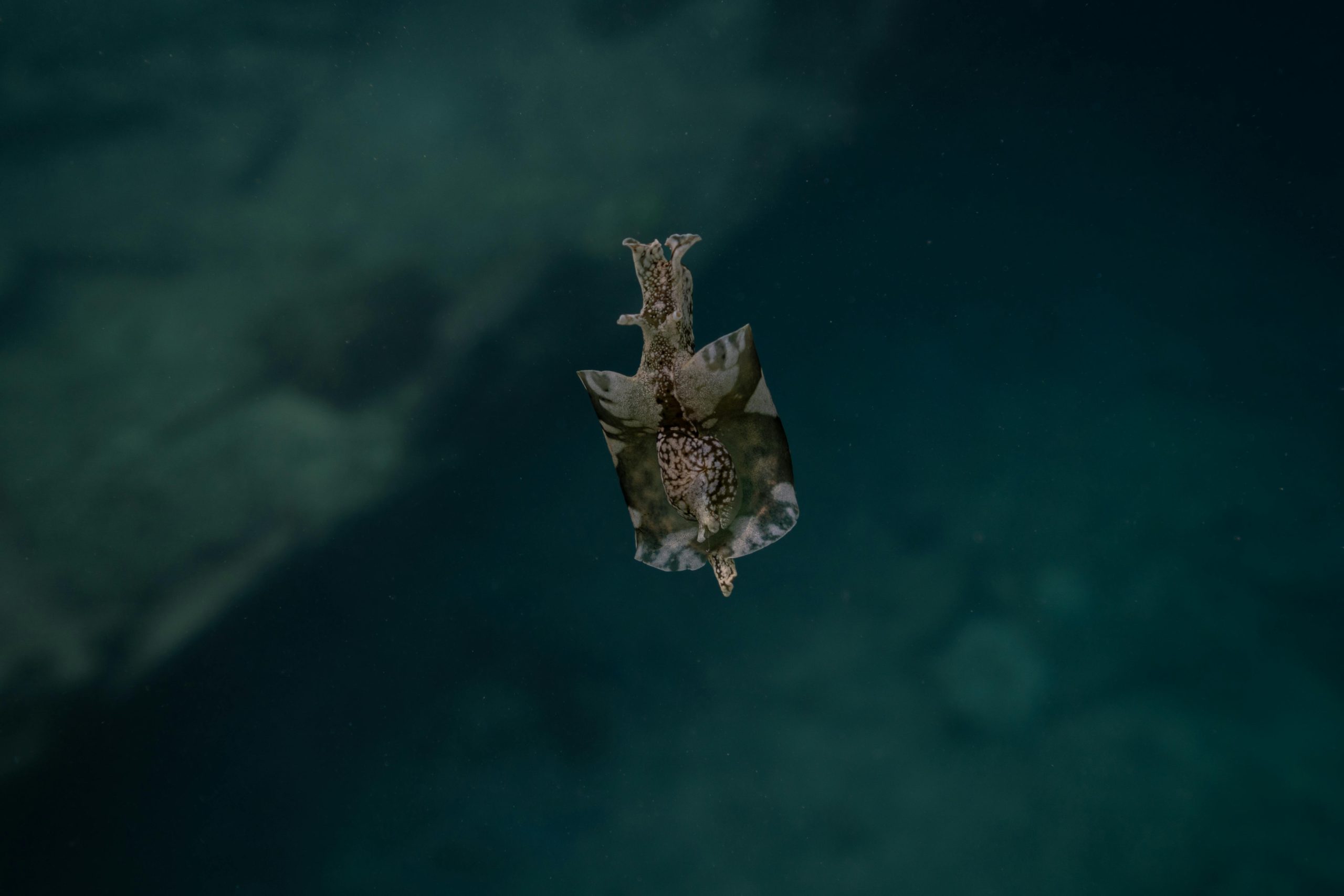Exploring Career Opportunities in Wildlife Conservation with a Background in Environmental Science and Marine Biology
Embarking on a journey toward a career in wildlife conservation is an exciting and fulfilling aspiration, especially for those passionate about animals and the natural world. If you’re currently a high school senior preparing for college, you might be contemplating how your chosen degree programs can shape your future career path. A common concern among aspiring conservationists is whether degrees in environmental science and marine biology limit opportunities to work with a diverse array of animals beyond aquatic species.
Understanding Degree Options and Career Flexibility
Environmental science and marine biology are both versatile disciplines that provide a strong foundation in ecological principles, conservation strategies, and biological sciences. These fields can open doors to various roles in wildlife rehabilitation, habitat preservation, research, policy advocacy, and education.
Marine biology, focused on the study of oceanic and aquatic organisms, equips students with specialized knowledge of marine ecosystems, species behavior, and conservation challenges specific to aquatic environments. Environmental science offers a broader perspective on ecosystem health, human impact, and sustainability, often encompassing terrestrial and aquatic systems.
While these disciplines may not explicitly focus on zoology—the study of terrestrial and exotic animals—they still impart transferable skills and knowledge applicable to wildlife conservation across different habitats and species.
Expanding Your Career Horizons
One common concern is whether pursuing environmental science and marine biology might restrict future opportunities to work with non-aquatic animals, such as terrestrial mammals, birds, or exotic species. The good news is that many conservation roles value interdisciplinary knowledge and practical experience, regardless of the specific degree title.
To enhance your versatility:
-
Choose a program with relevant electives or minors: If your dream school offers a minor in aquarium science or wildlife management, consider pursuing it to broaden your expertise.
-
Gain practical experience: Volunteer or intern at local wildlife rehabilitation centers, zoos, aquariums, or conservation organizations. Hands-on experience is often more critical than the specific degree title.
-
Engage in research projects: Participate in studies that include terrestrial or diverse species to demonstrate your broad interest and commitment.
-
Network within professional communities: Attend conferences, workshops, and seminars related to wildlife conservation across different ecosystems.
Considering Educational Pathways
Though your current choice of majors aligns well with conservation goals, if your primary interest is working with a wide variety of animals—including terrestrial species—consider whether a university that offers a zoology program might better suit your long-term aspirations. Alternatively, many conservation professionals have degrees
